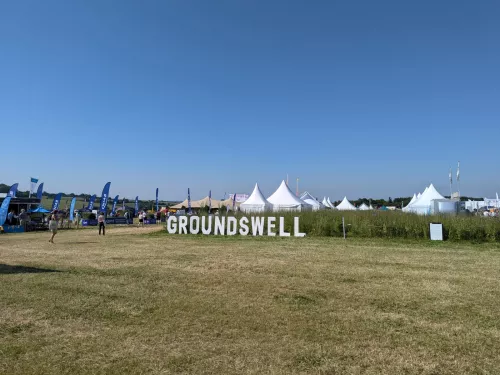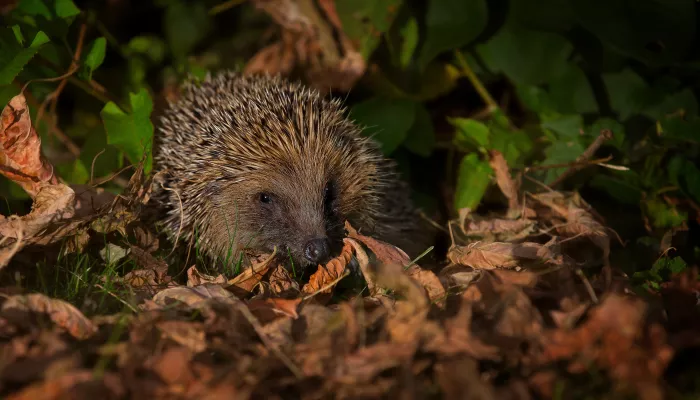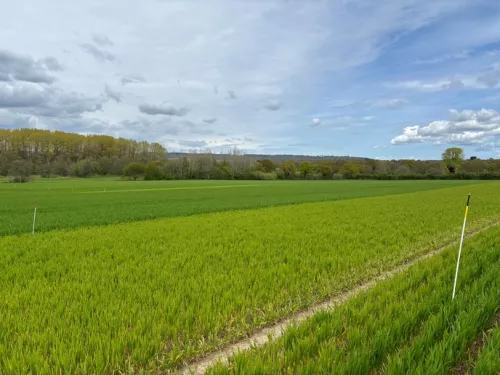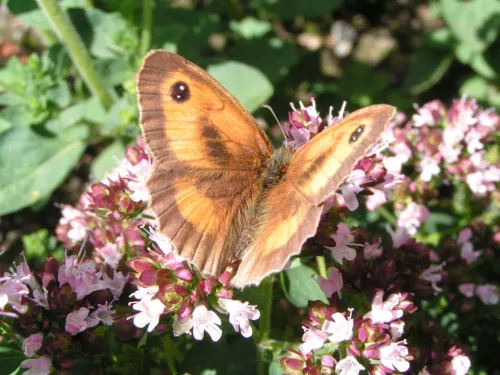
A groundswell of support for regenerative agriculture
Groundswell Agriculture Festival is the UK’s largest event dedicated to farming that regenerates the soil and restores nature. It’s a unique blend of industry conference and lively festival. This year, I took the plunge, braved the camping, and immersed…



